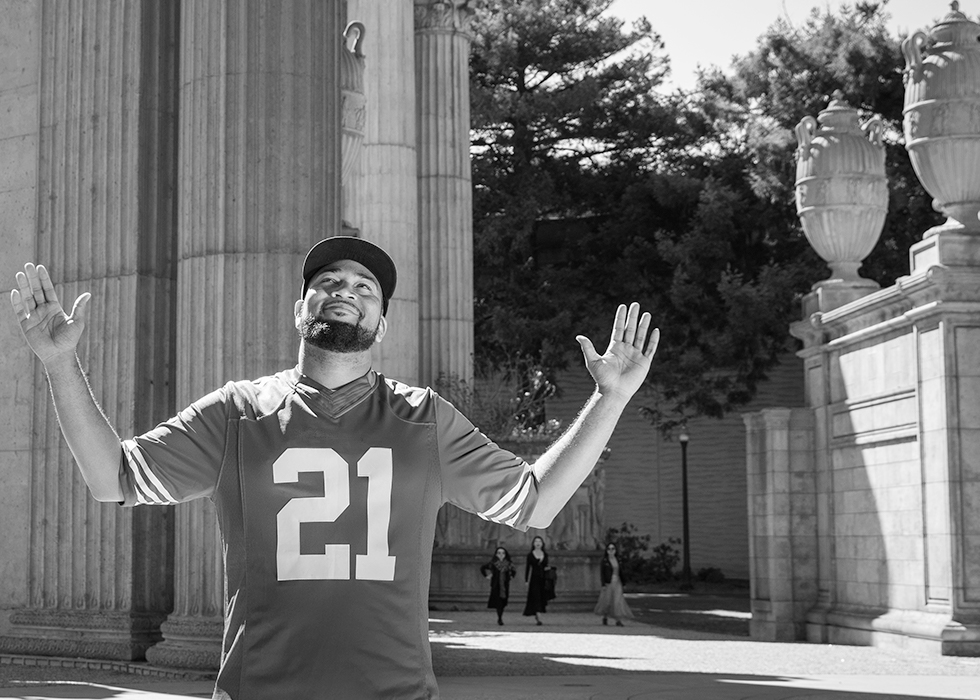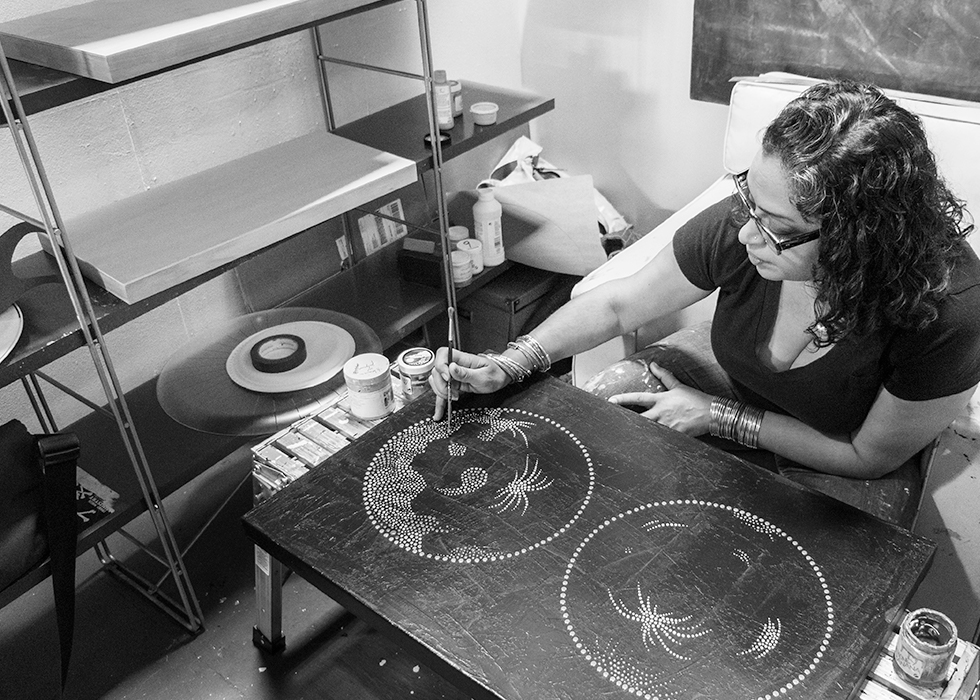Buying a Used Car from a Private Party
A lot of people like to buy used cars from private sellers instead of going to a dealership. That's because there are some opportunities to save money and even save time.
We make the process even easier for our members, by offering private party Used Car Loans at the same rate as New Car Loans*, handling DMV transfer for the member, and mailing the sticker and registration number.
For a list of everything you need to complete a private party transfer, download this PDF.
Things to Know About Buying From a Private Party
There can be some risks involved with private party transactions. Here are some things you should know and do before, during, and after buying a used car.
Ask questions
Don't be nervous about asking the seller questions. You should try to know everything about the car you're thinking about buying.
Ask them why they're selling the car, has it been in an accident, how many owners the car has had, who's been driving the car, and what it was used for.
If the seller doesn't want to answer the questions, or can't answer the questions, this is a red flag, and you might want to look somewhere else.
Take the car for a test drive
First, walk around and check the exterior of the car. Look for wear and tear, indications of repairs. Look at the tires. Is the tread uneven? Do they need to be rotated or replaced?
Next, get in the car and start it up. Did it start smoothly? Let it run for a few minutes and listen for anything that sounds odd. Check the A/C, signals, locks, windows, and so on. Make sure everything is in safe and working order before you actually drive the car.
When driving the car, make sure to drive in stop and go traffic and at highway traffic speeds. Cars behave differently in these situations, so it will give you a good indicator of any issues.
Remember to be safe. The seller will most likely want to ride with you. Before you get into a car with a stranger, ask for their Drivers License. Take a picture on your phone and text it to a friend.
Get a mechanic you trust to inspect the vehicle
You may not be able to catch everything with an external inspection and a test drive. Or, you may not know what you're looking at and listening for.
Ask the seller to bring the vehicle to a mechanic that you trust. Do not take it to one they recommend or know personally.
If the seller refuses your request, this could be a sign to walk away.
Get a history of the vehicle
A test drive and inspection from a trusted mechanic can give you a good idea about the condition of the car. Another great way to learn about the vehicle is to get a vehicle history report, also known as a VIN (vehicle identification number) check. There are a number of websites that will let you do this online.
A VIN check will tell you a lot, including: ownership history, existing liens on the car, maintenance history, accidents, and "lemon status."
Make sure the seller has the title
You may see some cars listed that are way below the Blue Book value, and most often this is because the seller doesn't have the title to the car. The title is proof of ownership, so if the seller doesn't have it, the seller doesn't actually own the car.
You should never buy a car if the seller doesn't have the title. You could find yourself the owner of a salvaged or stolen car.
If the seller has paid off the car loan, they should be able to show you a lien payoff document from the financing company. Call the finance company directly to confirm that the seller owns the car.
When you actually purchase the vehicle, you'll need to have your signature and the seller's signature on the title with the date. If multiple people are listed on the title as owners, you'll need their signatures too.
You may need a bill of sale and Smog Check documents as well. The California DMV's website has a complete checklist of everything you'll need to transfer ownership of the car.
Know before you go
There are some advantages to buying from a private party instead of a dealership. You could potentially save money and time. But there are also some risks involved and things to be aware of to protect yourself and your money.
Before you go check out a car from a seller, make sure you're prepared. Know the risks and warning signs, know what to look for to make sure the car is in good condition, and know which documents you need to have so you can transfer ownership of the car.
Not sure how much you can afford to pay each month? Use our car loan calculator below to see what your payments would be.




